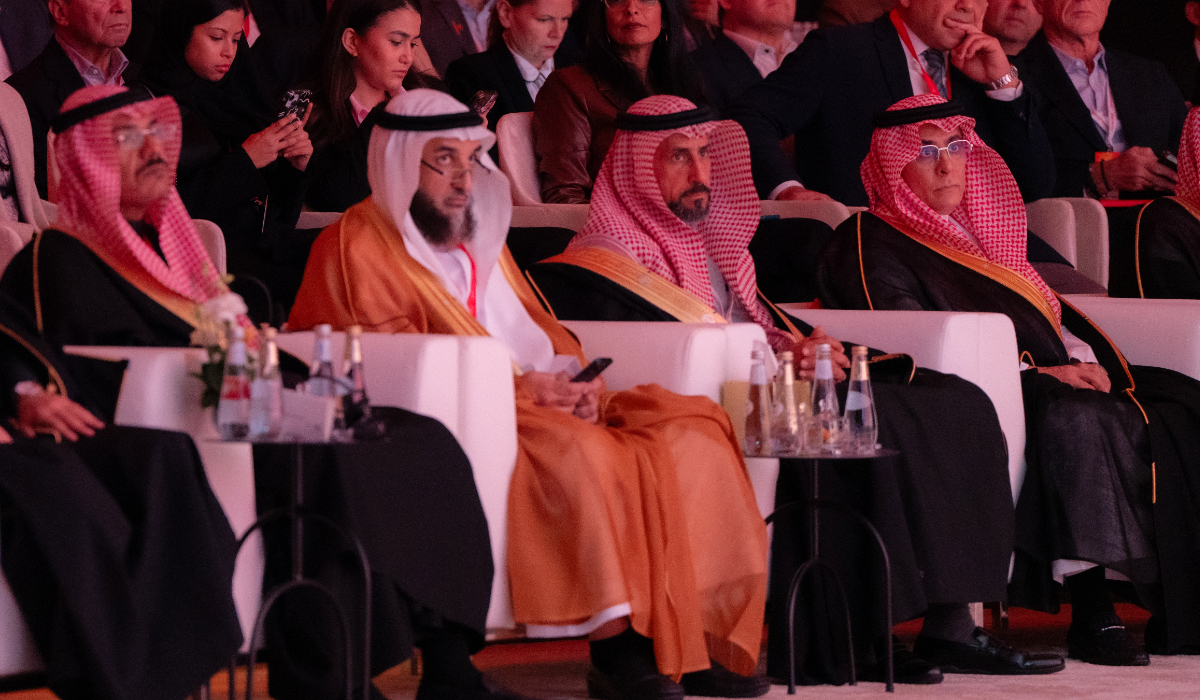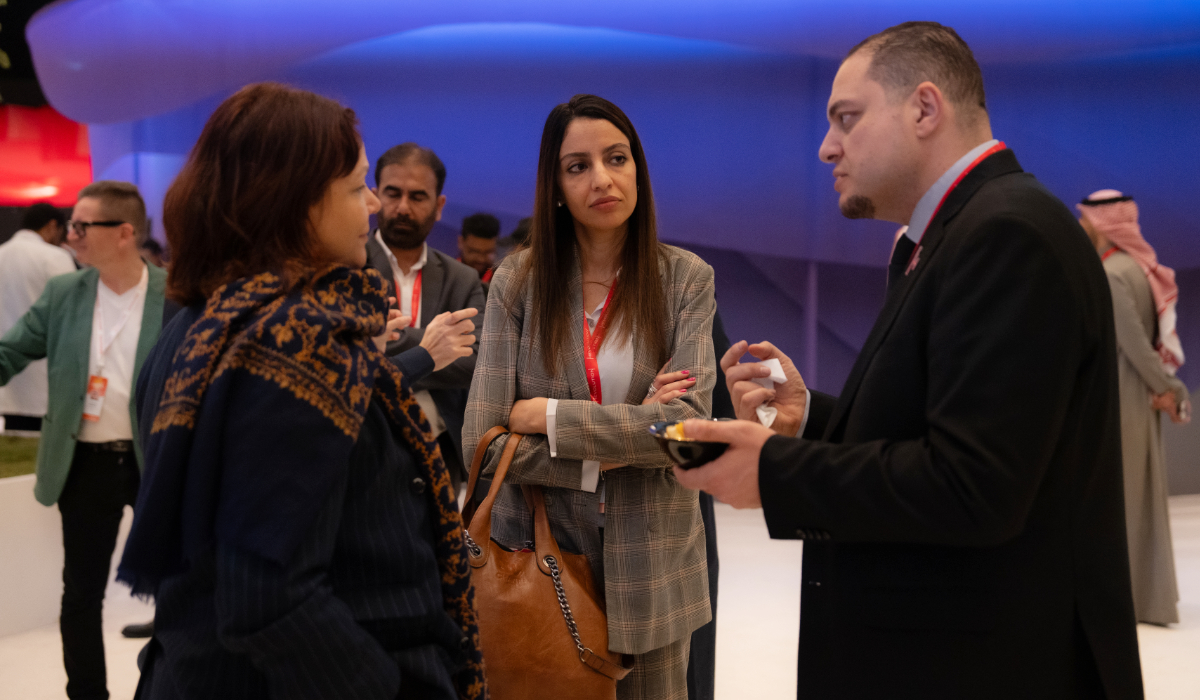RIYADH: The King Salman Global Academy for Arabic Language has announced that registration for its prize is now open to individuals and organizations from all over the world.
Registration closes on June 30 and the the overall prize fund amounts to approximately $427,000, state news agency SPA reported.
The prize promotes the Arabic language and acknowledges the efforts of individuals and institutions serving the language, encouraging them to maintain its development, preserve its integrity and develop ways of using Arabic.

Abdullah bin Saleh Al-Washmi, secretary-general of the academy. (SPA)
Abdullah bin Saleh Al-Washmi, secretary-general of the academy, said that the prize falls within the framework of efforts by the academy to nurture Arabic, whether in terms of promoting the language or supporting its status, locally and internationally.
“Individuals and institutions working in the field will be praised for their efforts, exceptional individuals will be honored, loyalty to Arabic will be deepened, and communication between the Arab community members will be improved,” he said of the prize.
“Arabic language-related disciplines will also be praised to ensure a great future for the language and maintain it at the forefront of all languages, while enriching the Arabic knowledge content and raising awareness of our timeless language,” he added.
The King Salman Global Academy Prize for Arabic Language is one of the main initiatives launched by the academy to serve and enhance the Arabic language.
Abdullah bin Saleh Al-Washmi, Secretary-general, King Salman Global Academy for Arabic Language
Al-Washmi praised the support and guidance of Minister of Culture Prince Badr bin Abdullah bin Farhan, the chairman of the academy’s board of trustees, for the programs organized by the academy, including the prize.
“The King Salman Global Academy Prize for Arabic Language is one of the main initiatives launched by the academy to serve and enhance the Arabic language,” the secretary-general said. “This initiative falls within the academy’s integrated foundational work stemming from the Human Capability Development Program, an objective of the Kingdom’s Vision 2030, aimed at strengthening the identity, reviving authenticity, and enriching the personality and skills of the human being.”
The prize comprises four branches, including teaching and learning the Arabic language; computerizing the Arabic language and serving it with modern technologies; Arabic language research and scientific studies; and spreading linguistic awareness and creating linguistic community initiatives.
The branches were established to ensure that the objectives of the prize are met while being able to improve the most relevant aspects affecting and related to the future of the language.
Arabic-speaking researchers, authors, specialists and others interested in the Arabic language may apply if they meet certain criteria.
Governmental and private institutions that serve the language may also apply for the prize, including higher education institutions and their components, specialized study organizations and centers, bodies that have prioritized the language, as well as documented and reliable projects.
The nominated works undergo three judging cycles: selection and qualification; scientific examination; and final judging.
The works will be assessed by 18 judges from various countries, according to criteria including creativity and innovation, production uniqueness, comprehensiveness and widespread dissemination, and effectiveness and impact.
For more information, visit prize.ksaa.gov.sa.






























